
The Myth of Aging, and the Secret to Maintaining Youth
Many of us are obsessed with staying young. Throughout history eternal youth has been a major interest – in most cultures. As I was updating the website for my acupuncture practice, I allowed myself to be inspired by the opening words of the medical classic in which all Chinese Medicine is based: The Nei Jing Su Wen or “Simple Questions.” The book begins with a conversation between The Yellow Emperor and his Sage teacher Qi Bo. The book is written in the same style as Plato’s dialogues: a conversation between a wise teacher and his student. Simple, yet profound.
The Emperor within the Nei Jing is described as being very interested in the workings of the universe: how health and illness come about, and the way to maintain health and cure illness. He asks his teacher, “Why did the men of ancient times maintain their vitality into their 100th year, while most people nowadays begin to decline at 50?”
The Emperor’s question is very moving to me. It makes me recall a statement my teacher Jeffrey Yuen, spoke about while I was in acupuncture school. He said the path of age and decline is not absolute: there is not a set date when a person must decline and fall apart, as is often believed in our society. “You’re just getting old: that is why you are losing your eyesight, have joint pains, fatigue, depression, ect.” I’ve heard this statement over and over, especially from my family back in Nebraska. However, this is a myth, says Jeffrey.
Jeffrey is perhaps such a respected teacher for the very fact that he appears to live what he teaches. We, his students, see him as the brilliant teacher. At one time he described himself as “the old man teacher.” Yet, his appearance does not suggest age. He still looks like a young man, perhaps even a boy in some respects. His energy appears to be without limit, and his spirit and sense of excitement is strong. Perhaps this is why so many across the world are drawn to him.
Qi Bo, the Sage teacher within the Nei Jing replies to the Emperor’s question by stating that the men of antiquity followed the Tao, maintained balance, walked the middle path, avoided excess, lived in line with the seasons and the rise and fall of yin and yang: this is how they were able to maintain their youth and vitality so as to live a full life. The rest of the chapter details the specifics of living in harmony with nature and the universe.
The first chapter of the Nei Jing is a profound reminder that man is part of nature as well as part of the universe. In Taoism, Humanity is seen to be situated between Heaven and Earth within the structure of the universe: influenced and connected to both. Therefore, man is subject to the natural laws of the universe, and the movements of nature.
The Five Element tradition of Acupuncture, as popularized by Professor J.R. Worsley, places special emphasis on seeing the elements and seasons of nature within the human being, and living in harmony with these elements: both within the body, as well as within the outer world. However, it is Classical Chinese Medicine, as transmitted by my teacher that has brought the profound Taoist message of Qi Bo into my practice.
Within my own acupuncture practice, I see imbalance within my patients relating to the disconnect from Heaven and Earth. Mental-emotional distress from being out of touch with the spirit, or physical distress from being out of line with the natural world. Most of the people I see are interested in discovering a way to reconnect. In my experience, there is a lack of guidance within our culture in regards to staying connected to the laws of the universe and movements of nature. I find that many who come for treatment are unconsciously (or sometimes consciously) seeking guidance onto the path back to health and balance. They know something is not working: they have pain, feel out of sorts, or blocked in their lives.
The Sage teacher describes a state of being which sounds profoundly appealing: “At peace in their heart, they felt no fear. They worked hard and were not exhausted…Each followed his desire and all we content. They were content with their food, satisfied with their clothing, happy with their possessions. High or low, they felt no jealousy…They were no longer subject to cravings and desires that tire the eye…The ignorant and the learned, those with talent and those with little feared nothing and no one. They were one with the Way (Tao). Thus they could reach 100 years without their activity declining, their virtue perfect, sheltered from all danger.”
The description of the state of being found in “the men of high antiquity” resounds with images of contentment, peace and calm: people content with what they have, secure in who they are, free from fear. This is certainly a state of being I would like to live in. Free from fear, especially!
By being “one with the Way/Tao,” comes contentment, peace of mind and the sense of safety, suggests the Sage teacher. The Tao represents the natural laws of the universe and the inherent movements of nature.
When a person gets to the place where he knows, in his heart, that he belongs in this world, the heart and mind can relax. How many of us feel somewhere in our selves that we don’t belong: that we are all alone in the world? This has often been the root of my own neurosis: the root of my fear, depression, addictive behavior. Yet to be reminded, by someone who has devoted their life to becoming one with the Tao, that I am not alone, that I am not separate, feels like a cool drink of water from a magical fountain of youth. This is what brought me to study and be treated with Chinese Medicine: my search to reconnect with Heaven and Earth, so I may claim my natural position between the two.
I am still on my journey. And through devoting my life, helping others discover their own path back to the Tao, I am touched by the wisdom of the Chinese Medical Classics every day. Within the treatment room, we help one another remember our innate wisdom as members of the universe and children of nature.
Through reconnecting, we can find that state of peace or “eternal youth” Qi Bo declares. It is possible!
At times “the path back home” can seem arduous, even impossible. Yet, in my mind, we must have something we can look to for inspiration. Qi Bo, in his benevolent transmission of the Tao provides this to me. This blog is my way of extending this inspiration.
May we all enjoy the journey!

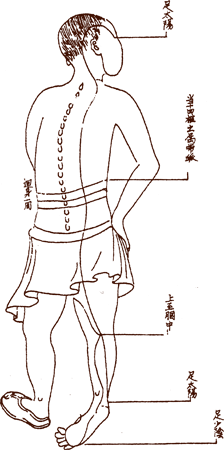
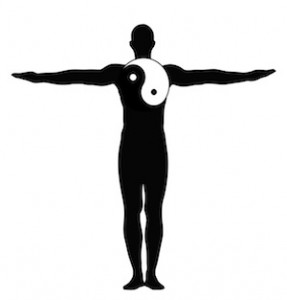
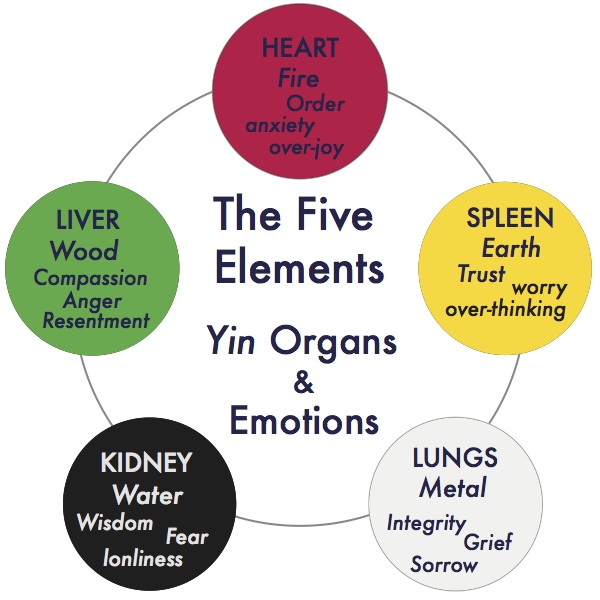
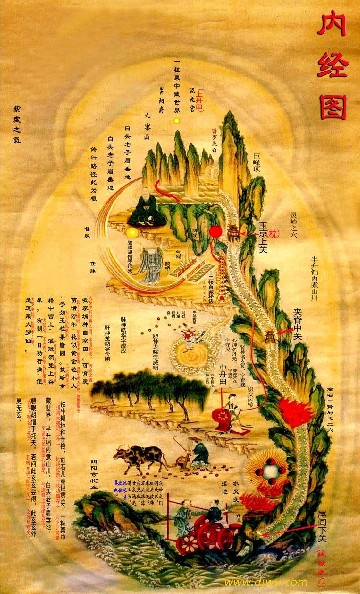
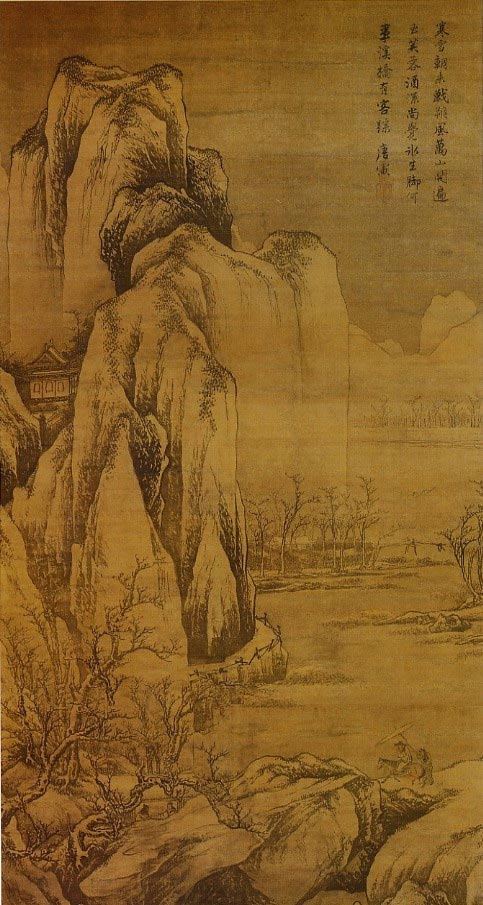

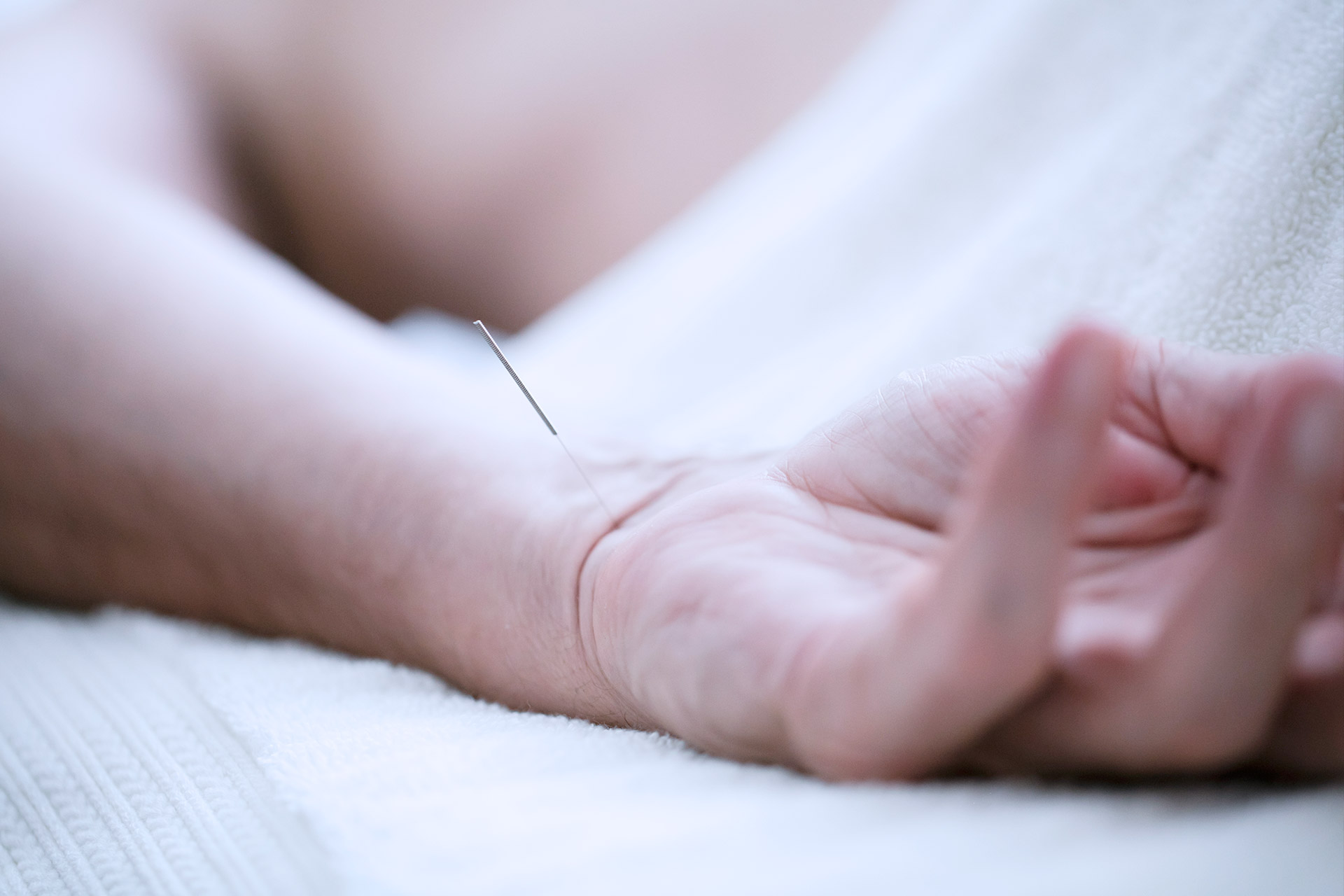
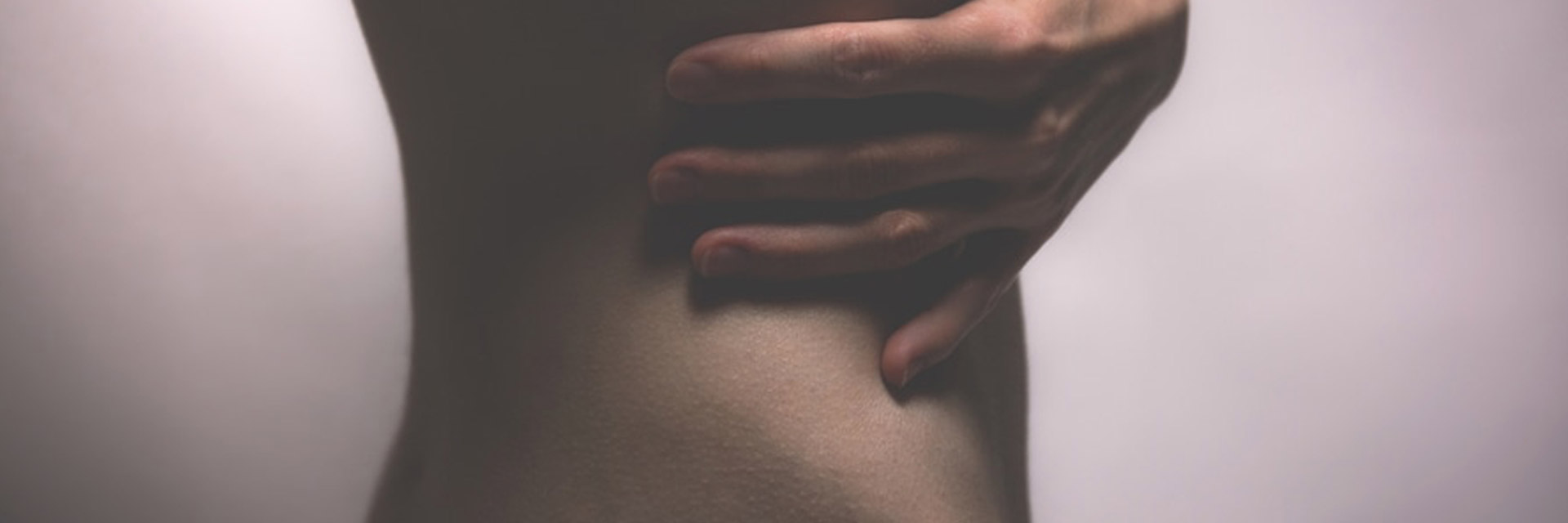
No Comments